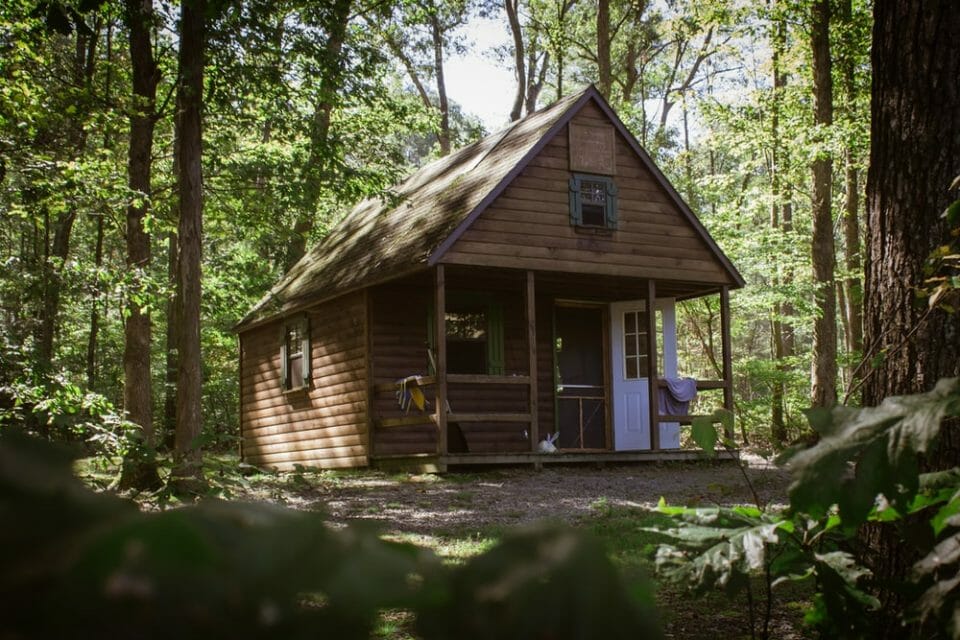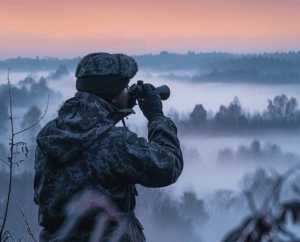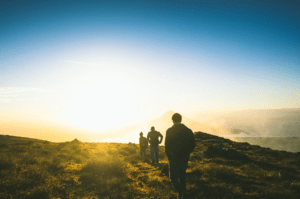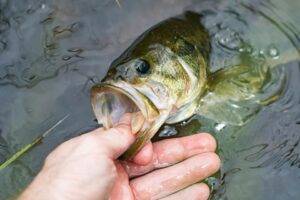

Your hunting cabin is your and your family’s escape from reality for a few days. It offers the perfect spot for you to celebrate a successful day. On days when your luck wasn’t quite there, it provides refuge for you to rest up and prepare for the next day’s expedition.
Unfortunately, your job and other real-life responsibilities will eventually beckon you back to your permanent residence. And when you can’t stay in your hunting cabin, you should take every measure possible to keep it safe. Both the weather and intruders can pose risks to your cabin’s structure and safety.
Read on to learn 4 ways to protect your second home when you’re away.
1) Address Repairs Immediately
Does your hunting cabin have a leaky roof or broken siding? According to Metal Roofing Fort Collins, don’t wait until you return to address minor repairs; fix them on the day before you leave. When left unaddressed, these issues can cause some serious damage down the line.
If you’re good with a tool belt, you may be able to take on minor repairs on your own. However, for large-scale repairs, you may need to enlist the help of experts.
When you take care of these minor repairs before heading home for the season, you won’t return to water-logged furniture, unsightly mold growth, or roof damage.
2) Keep Valuable Items Out of Sight from the Outside
You can’t take everything home with you, and you likely won’t want to. Storing alcohol, guns, cash, and expensive electronics in your cabin is practical — you’ll have easy access to these beloved items once you return.
With that being said, you should move all these items out of sight before you leave for a long period. Put the liquor away in your liquor cabinet, keep your cash in a safe under your bed, and tuck electronics away in your master closet.
If it’s not possible to completely locate bulky, expensive items, invest in opaque curtains or blinds. This way, you won’t be giving potential thieves anything to look at.
3) Ask Your Neighbors for Help
Not everyone has their hunting cabin as their second home. Whether they’re retired or simply nature enthusiasts, your neighbors may live in their adjacent cabins permanently.
If you’re comfortable with and trust your cabin neighbors, ask them to check in on your home while you’re gone. Have them turn on the lights at night, and allow them to park their vehicles in your lot. These small actions can be quite convincing to a watchful thief. If a potential bandit believes your cabin is occupied, they’ll be much less likely to carry out their heist.
Feel free to get creative with it. If it’s wintertime, ask your neighbor to walk around the property after the snow has fallen occasionally. If intruders see fresh tracks, they’ll likely look elsewhere for an unoccupied target.
4) Set Up Motion-Sensor Floodlights
Intruders love doing crime under blankets of darkness. Take this sense of safety away from them by installing motion-sensor floodlights at your property’s entry points. If a thief is unexpectedly hit by a bright light, their first instinct will be to flee. They don’t want to perform their heist under a spotlight, so motion-sensor floodlights are an excellent security measure to implement.
Keeping Your Cabin Safe Can Be a Challenge
Your hunting cabin might be your family’s home away from home, but it’s not completely safe when you’re away. The natural elements or people with ill intentions may have different plans in mind.
Follow these 4 tips to improve your hunting cabin’s security before you head back home.








